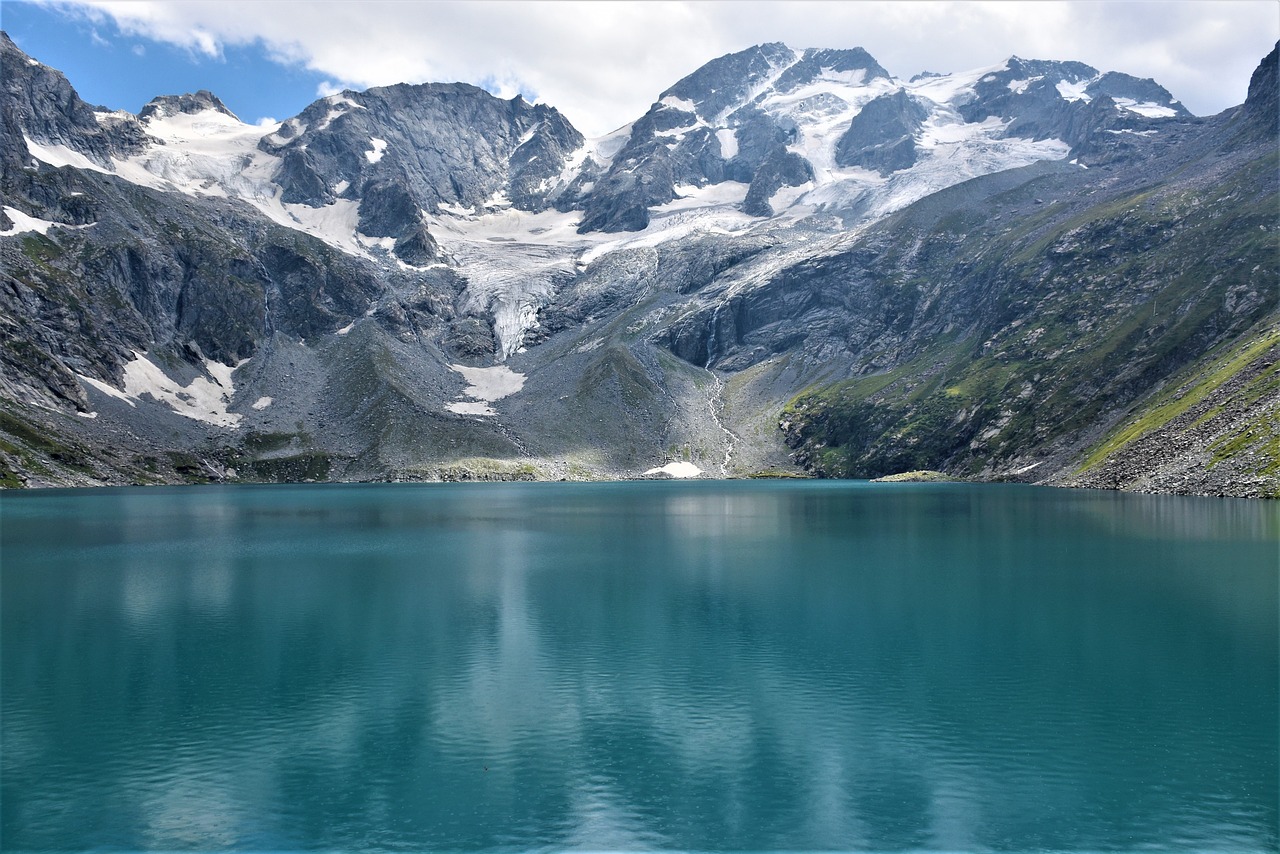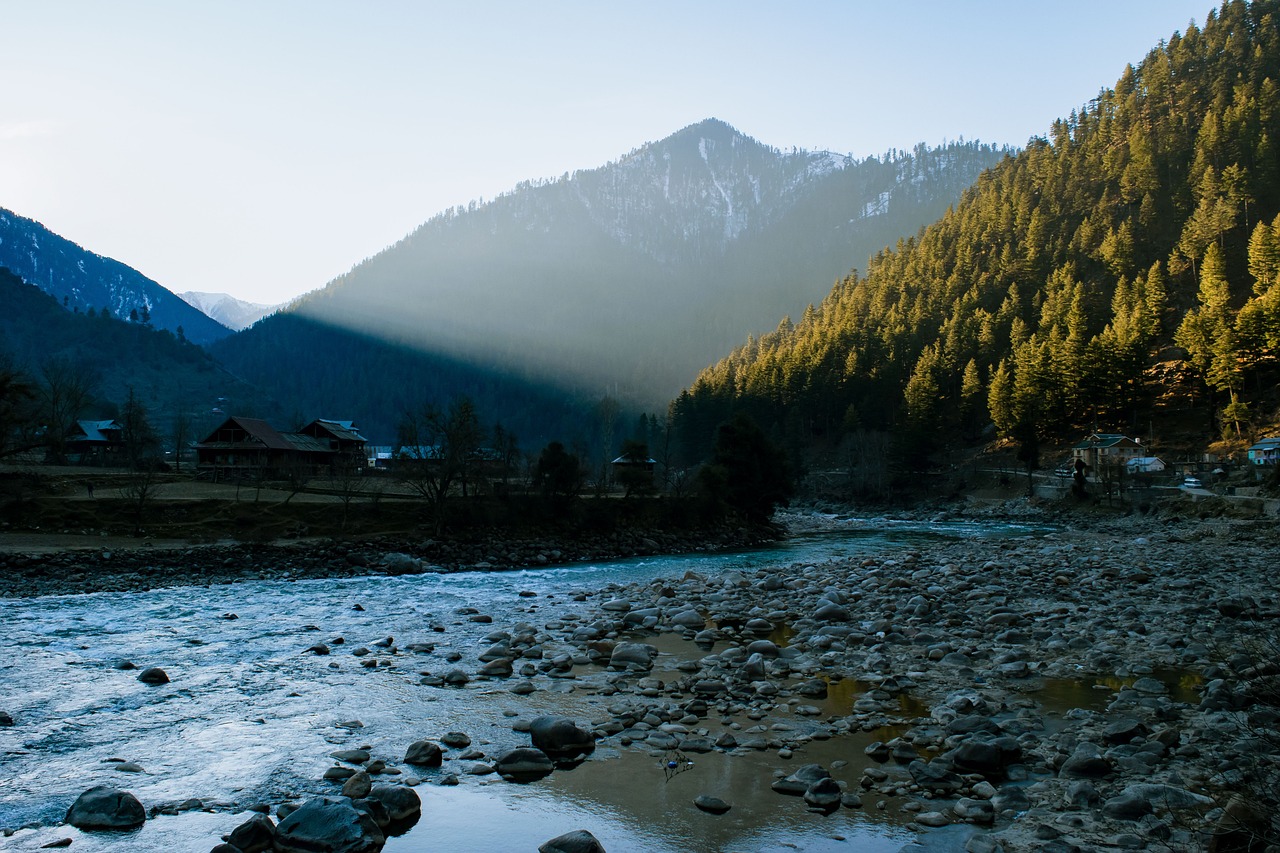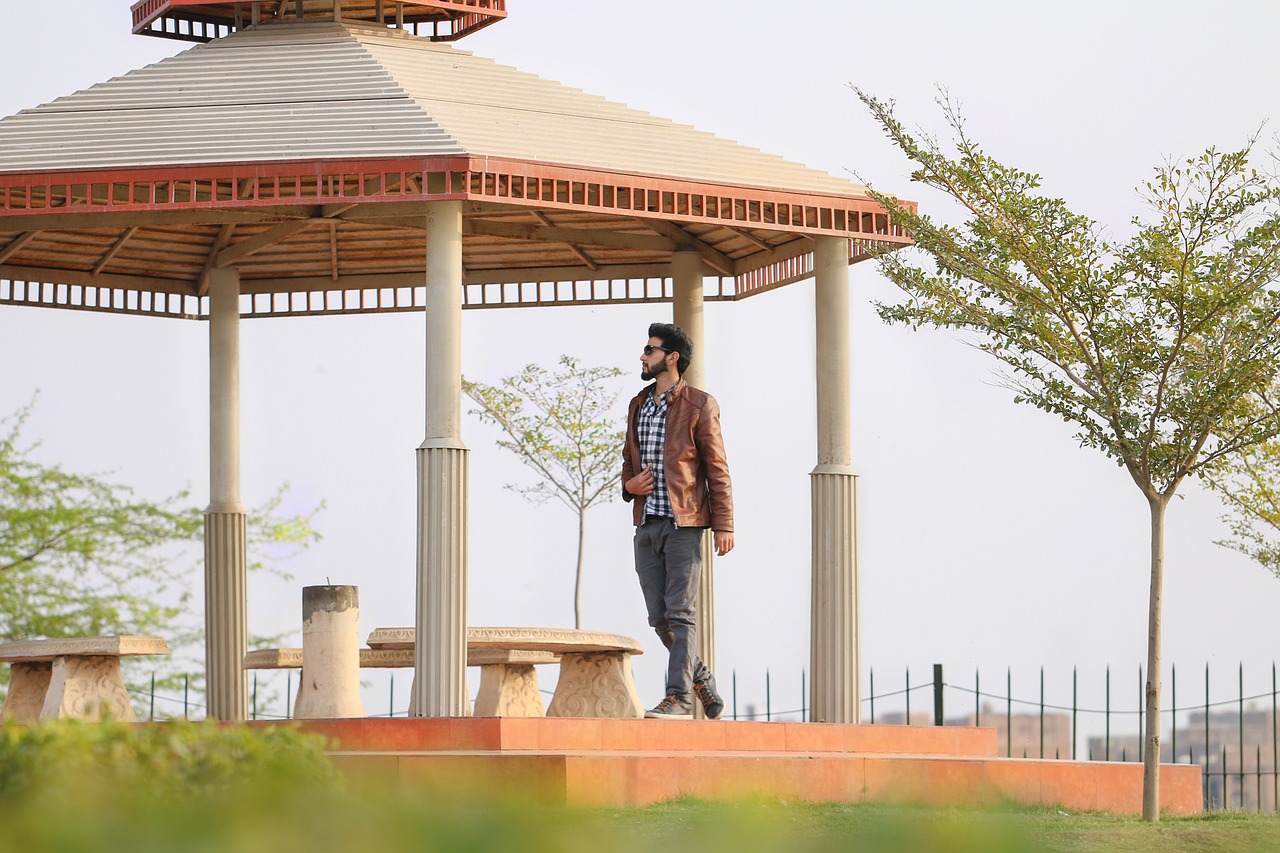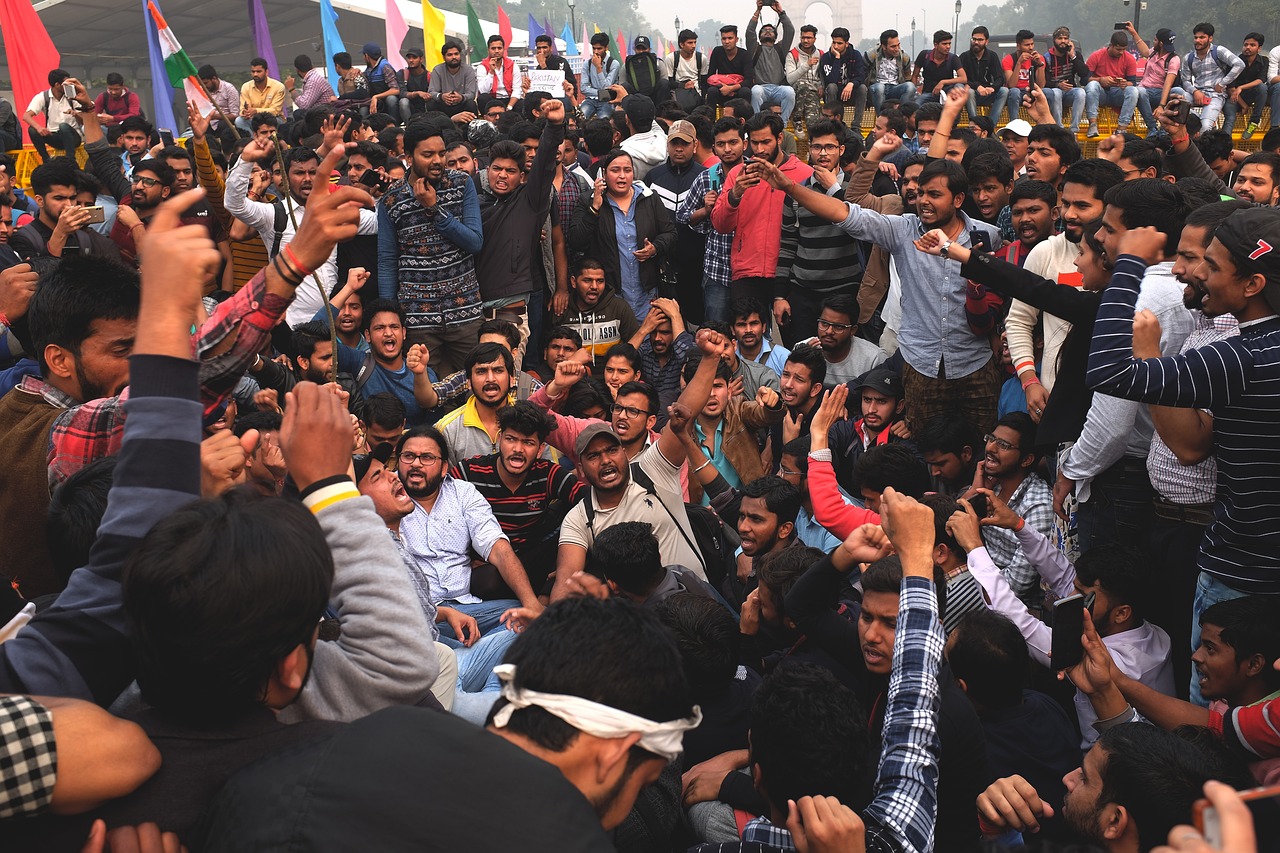Pakistan Video
Local Celebrations and Holidays: What to Expect in Pakistan
Pakistan, a country rich in culture and traditions, celebrates a variety of local celebrations and holidays throughout the year. These festivities showcase the diversity and vibrancy of Pakistani society, with each region having its own unique customs and rituals. From religious festivals to national holidays, Pakistan offers a plethora of exciting celebrations. In this article, we will explore some of the most prominent local celebrations and holidays in Pakistan and what you can expect when participating in them.
Eid-ul-Fitr
Eid-ul-Fitr, also known as “Sweet Eid,” is one of the most significant religious festivals in Pakistan. It marks the end of the holy month of Ramadan, during which Muslims fast from dawn till dusk. The celebration begins with a special prayer called “Eid Namaz” in mosques and open grounds. After the prayer, people exchange greetings and visit friends and family, sharing delicious meals and sweets. Giving gifts and charity to the less fortunate is also an essential part of this festival. Traditional clothing, such as shalwar kameez for men and colorful dresses for women, is worn during the festivities.
- Eid Namaz: Attend the special prayer held in mosques or open grounds.
- Greetings and Visits: Exchange greetings and visit friends and family.
- Delicious Meals and Sweets: Indulge in traditional Pakistani cuisine.
- Gifts and Charity: Give gifts and help the less fortunate.
During Eid-ul-Fitr, Muslims gather in mosques or open grounds to offer a special prayer called Eid Namaz. This prayer is led by an imam and is attended by both men and women.
After the prayer, people visit their loved ones, exchanging greetings of “Eid Mubarak” (Blessed Eid) and spreading joy and happiness.
Eid-ul-Fitr is an occasion to savor mouthwatering Pakistani dishes, such as biryani, kebabs, and sheer khurma (a sweet milk and vermicelli dessert).
It is customary to exchange gifts with friends and family during Eid-ul-Fitr. Additionally, giving charity to the poor and needy is highly encouraged.
Pakistan Image 1:

Independence Day
Independence Day, celebrated on August 14th, commemorates Pakistan’s independence from British rule in 1947. This national holiday is marked by various events and activities showcasing patriotism and national pride. The day begins with flag hoisting ceremonies at government buildings, schools, and public spaces. People dress up in green and white, the colors of the Pakistani flag, and participate in parades, cultural performances, and fireworks displays. The night sky is illuminated with vibrant colors as fireworks light up the cityscape.
- Flag Hoisting Ceremonies: Witness the raising of the Pakistani flag.
- Parades and Cultural Performances: Engage in lively parades and cultural activities.
- Fireworks Displays: Enjoy dazzling fireworks illuminating the night sky.
Flag hoisting ceremonies take place across the country, symbolizing the sovereignty and independence of Pakistan. The national anthem is sung, and patriotic speeches are delivered.
People take part in parades, showcasing their love for the country through traditional dances, music, and performances. Cultural events and exhibitions are also organized to promote Pakistan’s diverse heritage.
As the day comes to a close, cities across Pakistan light up with spectacular fireworks displays, creating a mesmerizing sight for both locals and visitors.
Eid-ul-Adha
Eid-ul-Adha, also known as the “Festival of Sacrifice,” is another significant religious festival celebrated in Pakistan. It commemorates the willingness of Prophet Ibrahim (Abraham) to sacrifice his son as an act of obedience to God. The festival begins with a special prayer, followed by the sacrifice of an animal, usually a goat or a cow. The meat from the sacrificed animal is distributed among family, friends, and the less fortunate. It is also common to give gifts and visit loved ones during this festive occasion.
- Prayer and Sacrifice: Attend the special prayer and participate in the sacrificial ritual.
- Distribution of Meat: Share the meat with family, friends, and the needy.
- Gifts and Visits: Exchange gifts and spend time with loved ones.
Eid-ul-Adha begins with a congregational prayer in mosques or open grounds, where Muslims seek blessings and offer gratitude. Following the prayer, animals are sacrificed, symbolizing Prophet Ibrahim’s act of obedience.
The meat from the sacrificed animal is divided into three parts: one for the family, one for friends and relatives, and one for the less fortunate. This act of sharing promotes unity and compassion.
Similar to Eid-ul-Fitr, Eid-ul-Adha is a time for exchanging gifts and visiting friends and family, strengthening bonds and fostering a sense of community.
Pakistan Image 2:

Basant
Basant is a colorful and vibrant spring festival celebrated predominantly in the province of Punjab. It marks the arrival of spring and is characterized by kite flying, music, and dancing. The skies are filled with kites of various sizes and colors, and people engage in friendly kite-flying competitions. Traditional Punjabi music, including folk songs and dances, adds to the festive atmosphere. Basant is a joyous occasion that brings people together to celebrate nature’s renewal.
- Kite Flying: Take part in the exhilarating kite flying tradition.
- Music and Dancing: Enjoy traditional Punjabi music and dance performances.
- Food and Festivities: Indulge in traditional Punjabi cuisine.
Basant is synonymous with kite flying, and people of all ages gather on rooftops and open spaces to fly kites. The art of maneuvering and cutting the opponent’s kite string is a thrilling experience.
Live performances of folk music, including the energetic Bhangra dance, are an integral part of Basant celebrations. The rhythmic beats and colorful costumes create an atmosphere of joy and excitement.
Food stalls offer a variety of mouthwatering Punjabi dishes, such as saag (spinach curry), makki di roti (cornbread), and lassi (a yogurt-based drink). The festivities continue late into the night, with fireworks lighting up the sky.
Mela Chiraghan
Mela Chiraghan, also known as the Festival of Lights, is celebrated in Lahore to honor the Sufi poet Madho Lal Hussain. The festival takes place at the shrine of Madho Lal Hussain and attracts people from all walks of life. The shrine is adorned with lights, and devotees gather to pay their respects and seek blessings. The festival features qawwali performances, Sufi poetry recitals, and vibrant processions. It is a time of spiritual reflection and devotion.
- Shrine Visit: Visit the shrine of Madho Lal Hussain.
- Qawwali Performances: Experience the soul-stirring qawwali music.
- Processions: Witness vibrant processions in honor of Madho Lal Hussain.
Devotees visit the shrine to pay their respects and seek blessings. The atmosphere is filled with devotion and reverence.
Qawwali, a form of devotional music, is performed by renowned artists, captivating the audience with its melodious tunes and spiritual lyrics.
Colorful processions, featuring decorated floats and devotees carrying lamps and candles, make their way through the streets of Lahore, creating a mesmerizing spectacle.
Pakistan Image 3:

Conclusion
Pakistan’s local celebrations and holidays offer a glimpse into the rich cultural tapestry of the country. From religious festivals like Eid-ul-Fitr and Eid-ul-Adha to national holidays like Independence Day, these events bring people together, fostering a sense of unity and shared traditions. Whether it’s flying kites during Basant or immersing oneself in Sufi poetry at Mela Chiraghan, each celebration provides a unique experience filled with joy, devotion, and cultural pride.
References
– gypsywarrior.com (Pakistan Image 1)
– gypsywarrior.com (Pakistan Image 2)
– gypsywarrior.com (Pakistan Image 3)


